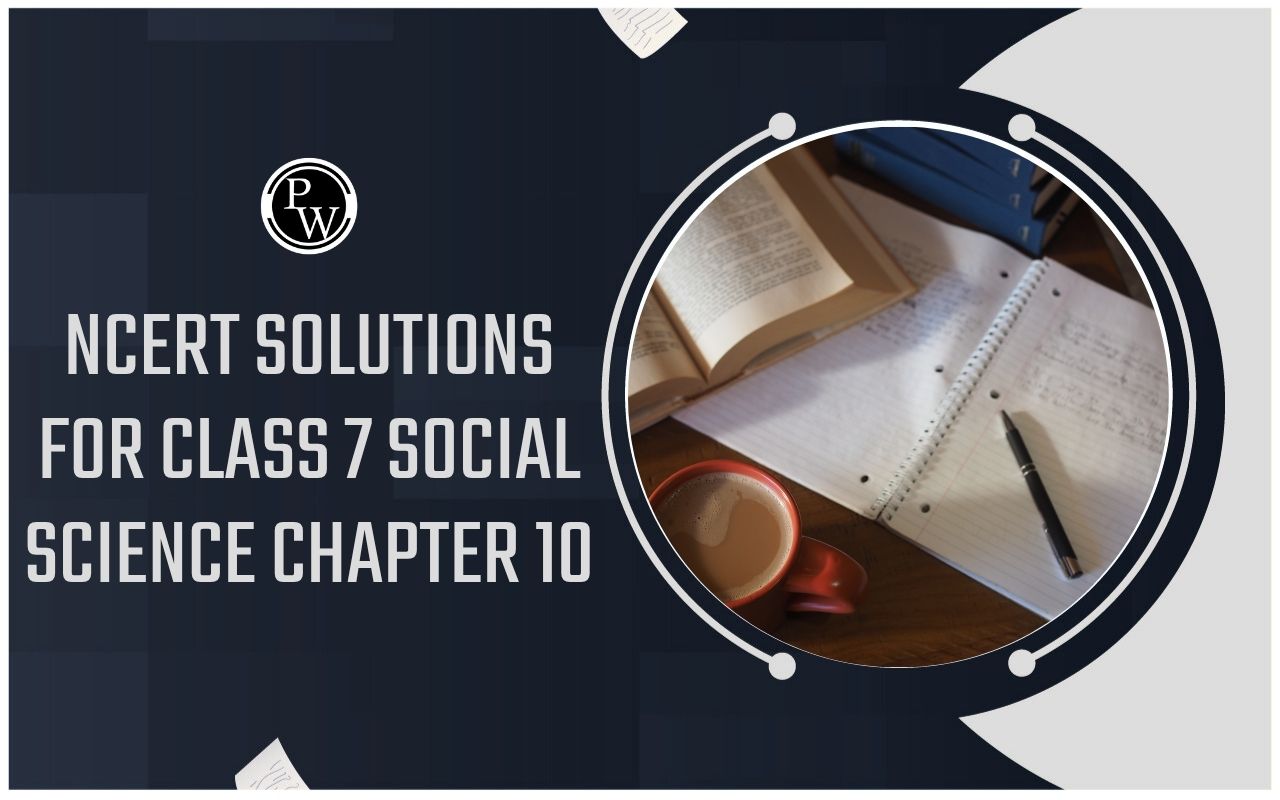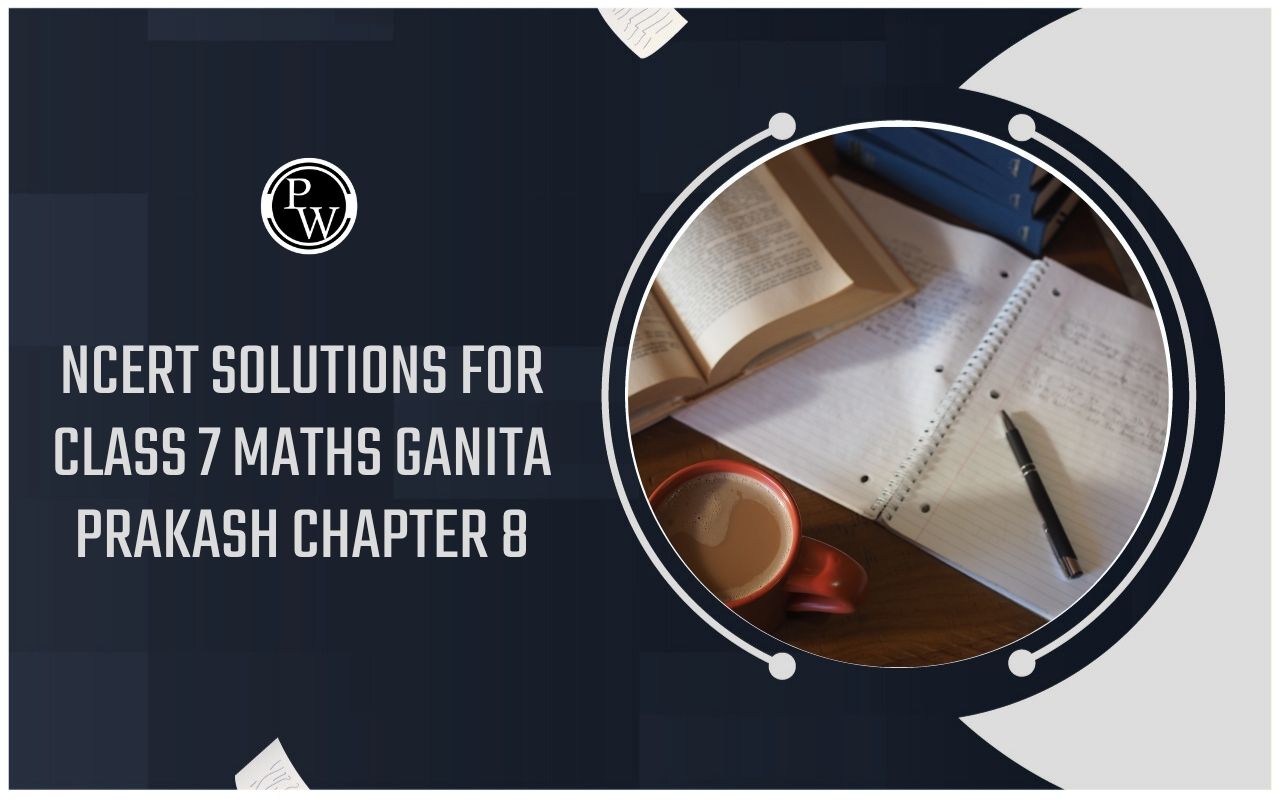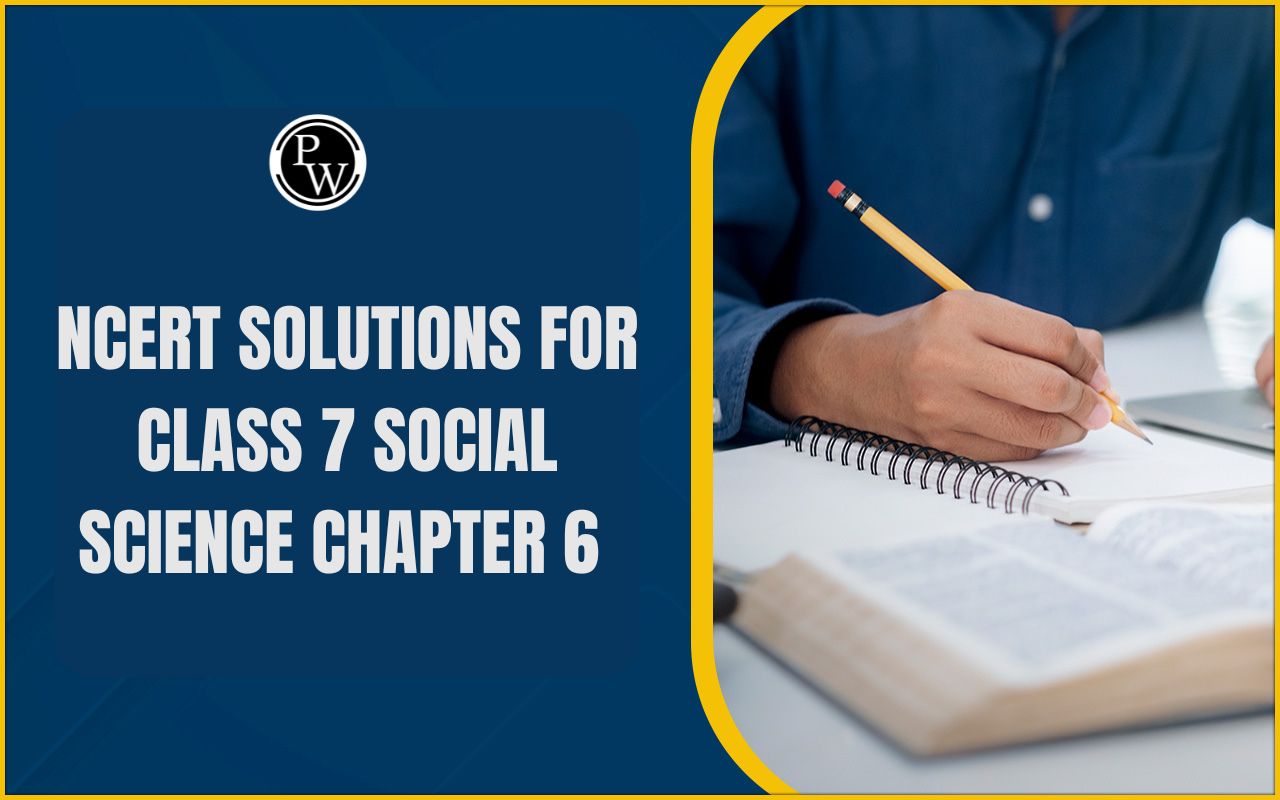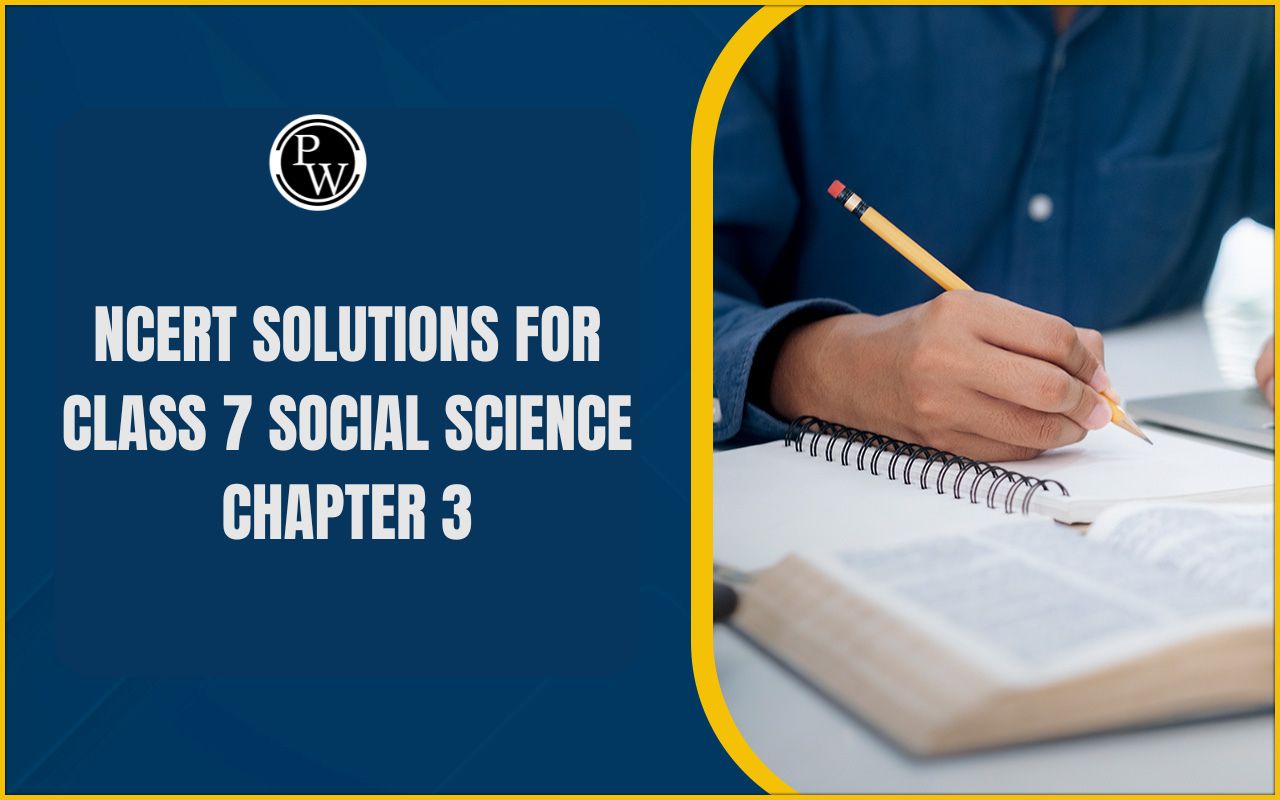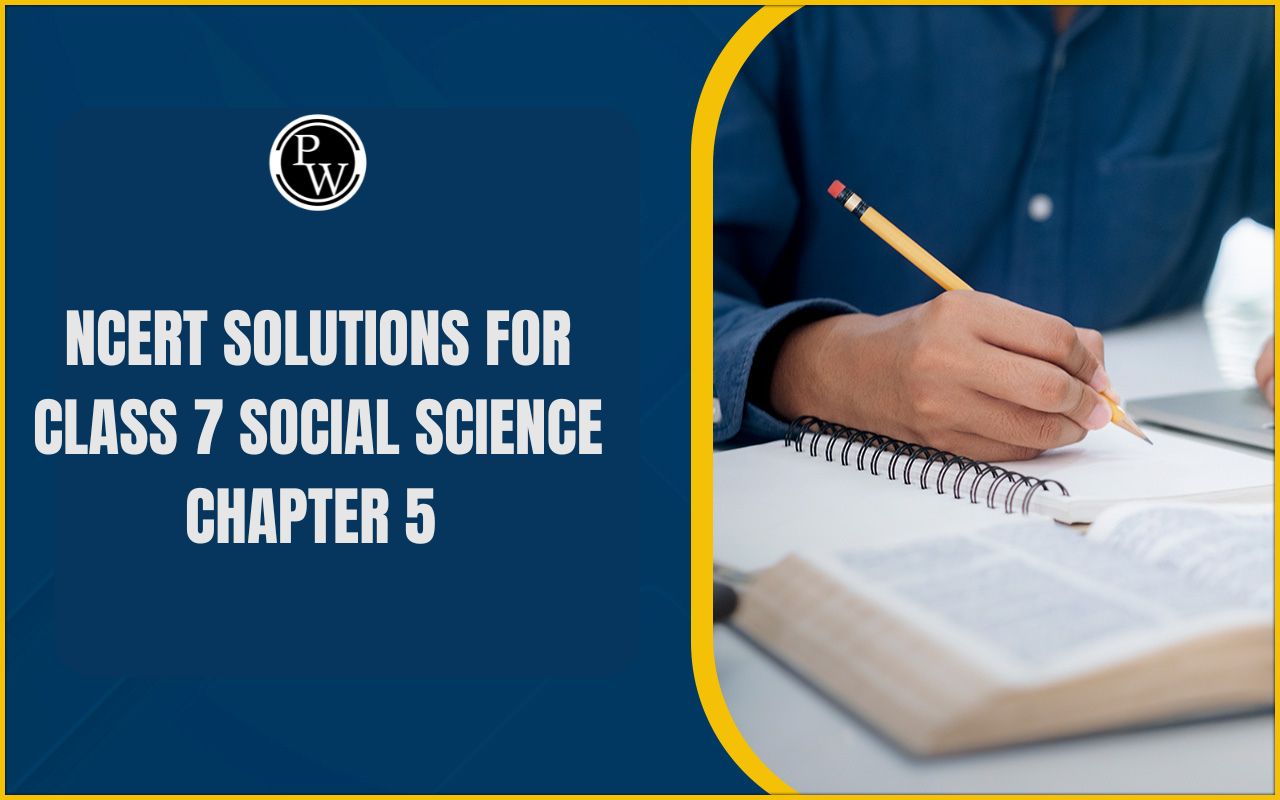
NCERT Solutions for Class 7 English Honeycomb Chapter 4
NCERT Solutions for Class 7 English Honeycomb Chapter 4: NCERT Solutions for Class 7 English Honeycomb Chapter 4 "The Ashes That Made Trees Bloom" are provided below according to the CBSE board standards. Our solutions cover all the questions in the textbook comprehensively. The story "The Ashes That Made Trees Bloom" depicts the significance of love. It revolves around an elderly couple caring for a dog as if it were their own child. The dog brings prosperity to the family, arousing envy among the neighbours. However, tragedy strikes when the neighbours, driven by greed and frustration, kill the dog. Students can find the detailed solutions for Chapter 4 on this page!CBSE Board Exam Centre List 2024
NCERT Solutions for Class 7 English Honeycomb Chapter 4 The Ashes that Made Trees Bloom
NCERT Solutions for Class 7 English Honeycomb Chapter 4 are given below for CBSE Class 7 students. Students can find all the solutions in detail here:Comprehension Check
Answer the following questions:Question 1. Why did the neighbours kill the dog?
Answer: The neighbours killed the dog in frustration and anger. They were expecting the dog to help them find a treasure the way the dog helped the old couple find one. But the dog took them to a place where there was a foul-smelling dead kitten. Question 2 . Mark the right item.(i) The old farmer and his wife loved the dog
(a) because it helped them in their day-to-day work.
(b) as if it was their own baby.
(c) as they were kind to all living beings
Answer: (b) as if it was their own baby. (ii) When the old couple became rich, they (a) gave the dog better food. (b) invited their greedy neighbours to a feast. (c) lived comfortably and were generous towards their poor neighbours. Answer: (c) lived comfortably and were generous towards their poor neighbours. (iii) The greedy couple borrowed the mill and the mortar to make (a) rice pastry and bean sauce. (b) magic ash to win rewards. (c) a pile of gold. Answer: (c) a pile of gold.| CBSE Syllabus Class 7 | |
| CBSE Class 7 English Syllabus | CBSE Class 7 Math Syllabus |
| CBSE Class 7 Social Science Syllabus | CBSE Class 7 Science Syllabus |
Working with the text
Answer the following questions. Question 1 . The old farmer is a kind person. What evidence of his kindness do you find in the first two paragraphs? Answer: The old farmer is a kind person. We find evidence of kindness in various instances in the story. For example, the first paragraph says that the old couple treated the dog as if it were their own child. They used to feed him pieces of fish with their own chopsticks. They used to offer him boiled rice. The second paragraph says that the old man often turned up sod on purpose to give food to the birds. Question 2. What did the dog do to lead the farmer to the hidden gold? Answer: To lead the farmer to the hidden gold, the dog came running to the farmer and kept its paws against his legs. It continuously kept directing the old man towards a place behind him. The old man at first thought that the dog was just playing, but when it kept running and whining, the old man followed it to the place. Question 3. (i) How did the spirit of the dog help the farmer first?(ii) How did it help him next?
Answer: (i) The spirit of the dog appeared in the farmer’s dream and instructed him to cut off the pine tree. It also said that the old farmer should make a mortar and hand mill with that. When the farmer followed the instructions of the spirit of the dog, he received heaps of gold. That is how the spirit of the dog helped him first. (ii) The second time the spirit of the dog appeared in the farmer’s dream, it told the old man to collect the ashes of the mortar and the mill from the wicked neighbours and sprinkle it on the dead trees. It said that if the farmer did so, the trees would blossom again. When the farmer followed his instructions and sprinkled the ashes on the cherry tree in front of the daimio, it blossomed, and the old man was rewarded with high-valued gifts.Question 4. Why did the daimio reward the farmer but punish his neighbour for the same act?
Answer: The daimio rewarded the farmer but punished his neighbour for the same act. This is because when the old farmer sprinkled the ash on the withered cherry tree in front of the daimio, it blossomed. The farmer’s act of welcoming him pleased the daimio. But, when the neighbour sprinkled the ashes on the tree in front of the daimio, nothing blossomed. Instead, the same ash fell on the daimio and its fine particles entered his and his wife’s eyes. This spoiled the dignity of the procession and irritated the daimio. That is why the neighbour was punished severely.Working with language
Question 1. Read the following conversation.RAVI: What are you doing?
MRIDU: I’m reading a book.
RAVI: Who wrote it?
MRIDU: Ruskin Bond.
RAVI: Where did you find it?
MRIDU: In the library.
Notice that ‘what’, ‘who’, ‘where’, are question words.
Questions that require information begin with question words.
Some other question words are ‘when’, ‘why’, ‘where’, ‘which’ and ‘how’.
Remember that
- What asks about actions, things, etc.
- Who asks about people.
- Which asks about people or things.
- He asks about places.
- When asked about time.
- Why ask about reason or purpose.
- How to ask about means, manner or degree.
- Whose asks about possessions.
Read the following paragraph and frame questions on the italicised phrases.
Anil is in school . I am in school too. Anil is sitting in the left row . He is reading a book . Anil’s friend is sitting in the second row . He is sharpening his pencil . The teacher is writing on the blackboard. Children are writing in their copybooks. Some children are looking out of the window.
- ________________________
- ________________________
- ________________________
- ________________________
- ________________________
- ________________________
- ________________________
- Where is Anil?
- Which row is Anil sitting in?
- What is he doing?
- Which row is Anil’s friend sitting in?
- What is his friend doing?
- Who is writing on the blackboard?
- What are some of the children doing?
NEHA: ________ did you get this book?
SHEELA: Yesterday morning.
NEHA: ________ is your sister crying?
SHEELA: Because she has lost her doll.
NEHA: ________ room is this, yours or hers?
SHEELA: It’s ours.
NEHA: ________ do you go to school?
SHEELA: We walk to school. It is nearby.
Answer: NEHA: When did you get this book? SHEELA: Yesterday morning. NEHA: Why is your sister crying? SHEELA: Because she has lost her doll. NEHA: Whose room is this, yours or hers? SHEELA: It’s ours. NEHA: How do you go to school? SHEELA: We walk to school. It is nearby. Question 3: Fill in the blanks with the words given below.how, what, when, where, which
(i) My friend lost his chemistry book. Now he doesn’t know ________ to do and ________ to look for it.
(ii) There are so many toys in the shops. Neena can’t decide ________ one to buy.
(iii) You don’t know the way to my school. Ask the policeman ________ to get there.
(iv) You should decide soon ________ to start building your house.
(v) Do you know ________ to ride a bicycle? I don’t remember ________ and ________ I learnt it.
(vi) “You should know ________ to talk and ________ to keep your mouth shut,” the teacher advised Anil.
Answer: (i) My friend lost his chemistry book. Now he doesn’t know what to do and where to look for it. (ii) There are so many toys in the shops. Neena can’t decide which one to buy. (iii) You don’t know the way to my school. Ask the policeman how to get there. (iv) You should decide soon when to start building your house. (v) Do you know how to ride a bicycle? I don’t remember when and where I learnt it. (vi) “You should know when to talk and when to keep your mouth shut,” the teacher advised Anil. Question 4: Add im- or in- to each of the following words and use them in place of the italicised words in the sentences given below.patient, proper, possible, sensitive, competent
(i) The project appears very difficult at first sight but it can be completed if we work very hard.
(ii) He lacks competence . That’s why he can’t keep any job for more than a year.
(iii) “Don’t lose patience . Your letter will come one day,” the postman told me.
(iv) That’s not a proper remark to make under the circumstances.
(v) He appears to be without sensitivity . In fact, he is very emotional.
Answer: (i) The project appears impossible at first sight, but it can be completed if we work very hard. (ii) He is incompetent . That’s why he can’t keep any job for more than a year. (iii) “Don’t be impatient . Your letter will come one day,” the postman told me. (iv) That’s an improper remark to make under the circumstances. (v) He appears to be insensitive . In fact, he is very emotional. Question 5. Read the following sentences.It was a cold morning, and stars still glowed in the sky.
An old man was walking along the road.
The words in italics are articles. ‘A’ and ‘an’ are indefinite articles and ‘the’ is the definite article. ‘A’ is used before a singular countable noun. ‘An’ is used before a word that begins with a vowel.
- a boy • an actor
- a mango • an apple
- a university • an hour
Use ‘a’, ‘an’ or ‘the’ in the blanks:
There was once ________ play which became very successful. ________ famous actor was acting in it. In ________ play his role was that of ________ aristocrat who had been imprisoned in ________ castle for twenty years. In ________ last act of ________ play someone would come on ________ stage with ________ letter which he would hand over to ________ prisoner. Even though ________ aristocrat was not expected to read ________ letter at each performance, he always insisted that ________ letter be written out from beginning to end.
Answer:
There was once a play which became very successful. A famous actor was acting in it. In the play his role was that of an aristocrat who had been imprisoned in a castle for twenty years. In the last act of the play someone would come on the stage with a letter which he would hand over to the prisoner. Even though the aristocrat was not expected to read the letter at each performance, he always insisted that the letter be written out from beginning to end. Question 6. Encircle (underlined here) the correct article.Nina was looking for (a / the) job. After many interviews she got (a / the) job she was looking for.
A : Would you like (a/an/the) apple or (a/an/the) banana?
B : I’d like (a/an/the) apple, please.
A : Take (a/an/the) red one in (a/an/the) fruit bowl.
You may take (a/an/the) orange also, if you like.
B : Which one?
A : (A/An/The) one beside (a/an/the) banana.
Answer: A : Would you like (a/ an /the) apple or ( a /an/the) banana? B : I’d like (a/ an /the) apple, please. A : Take (a/an/ the ) red one in (a/an/ the ) fruit bowl. You may take (a/ an /the) orange also, if you like. B : Which one? A : (A/An/ The ) one beside (a/an/ the ) banana.Speaking and Writing
Question 1. Do you remember an anecdote or a story about a greedy or jealous person and the unhappy result of his/her action? Narrate the story to others in your class.Here is one for you to read.
Seeing an old man planting a fig tree, the king asked why he was doing this. The man replied that he might live to eat the fruit, and, even if he did not, his son would enjoy the figs.
“Well,” said the king, “if you do live to eat the fruit of this tree, please let me know.” The man promised to do so, and sure enough, before too long, the tree grew and bore fruit.
Packing some fine figs in a basket, the old man set out for the palace to meet the king.
The king accepted the gift and gave orders that the old man’s basket be filled with gold.
Now, next door to the old man, there lived a greedy old man jealous of his neighbour’s good fortune. He also packed some figs in a basket and took them to the palace in the hope of getting gold.
The king, on learning the man’s motive, ordered him to stand in the compound and had him pelted with figs.
The old man returned home and told his wife the sad story. She consoled him by saying, “You should be thankful that our neighbour did not grow coconuts.”
Answer : Do it yourself. Question 2. Put each of the following in the correct order. Then use them appropriately to fill in the blanks in the paragraph that follows. Use correct punctuation marks.- English and Hindi/both/in/he writes
- and only/a few short stories/many books in English/ in Hindi
- is/my Hindi/than my English/much better
Ravi Kant is a writer, and __________________. Of course, he is much happier writing in English than in Hindi. He has written ____________________________________. I find his books a little hard to understand. __________________.
Answer : Ravi Kant is a writer, and he writes both in English and Hindi . Of course, he is much happier writing in English than in Hindi. He has written many books in English and only a few short stories in Hindi . I find his books a little hard to understand. My Hindi is much better than my English .Question 3. Are you fond of reading stories? Did you read one last month? If not, read one or two and write a paragraph about the story. Use the following hints.
- title of the story
- name of author
- how many characters
- which one you liked
- some details of the story
- main point(s) as you understand it
Tell your friends why they should also read it.
Answer : Do it yourself.NCERT Solutions for Class 7 English Honeycomb Chapter 4 FAQs
Can NCERT solutions help me with my school assignments?
Are NCERT solutions free to access?
How often should I practise NCERT solutions?
Can NCERT solutions help me improve my vocabulary?
Will solving NCERT solutions help me score better in exams?



